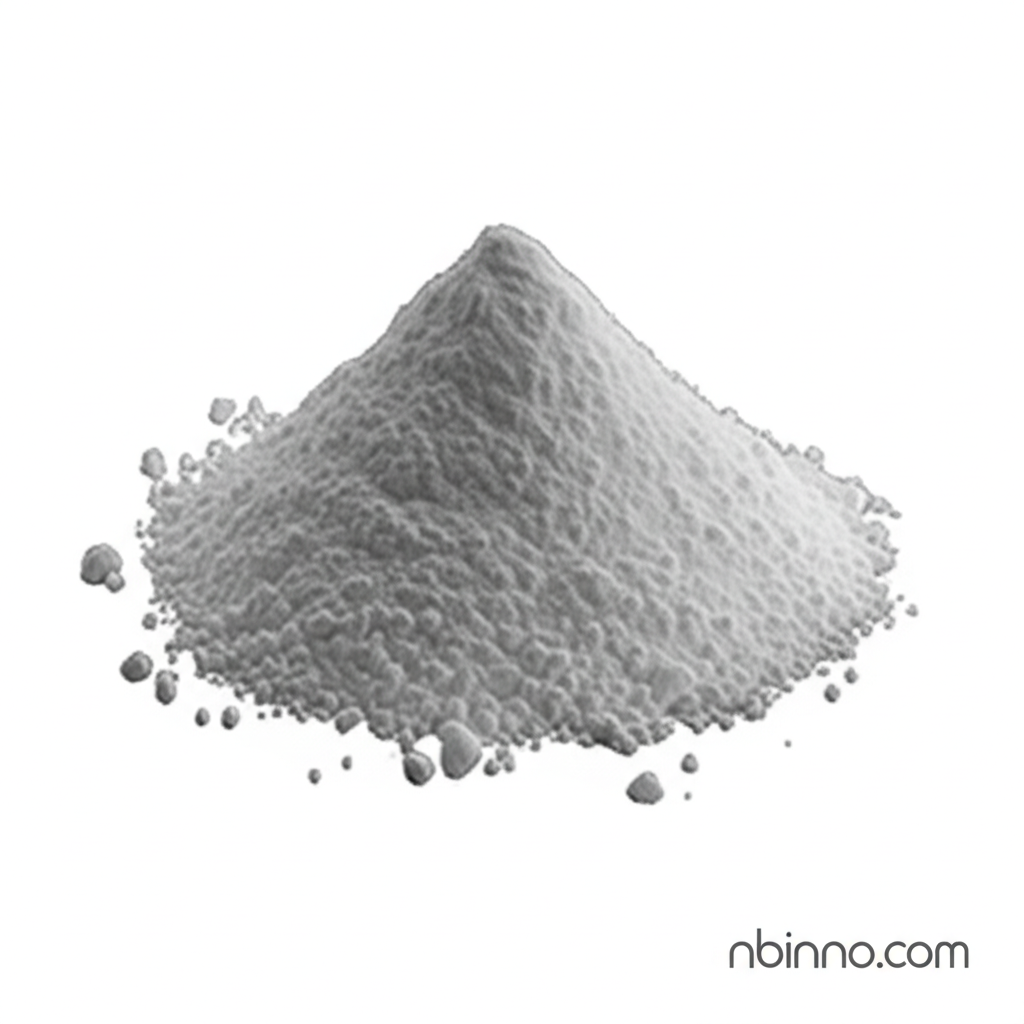Aluminum Dihydrogen Phosphate: Properties, Applications, and Industrial Significance
Discover the critical role of Aluminum Dihydrogen Phosphate in high-temperature applications and industrial bonding.
Get a Quote & SampleProduct Core Value

Aluminum Dihydrogen Phosphate
Aluminum Dihydrogen Phosphate is a key inorganic compound valued for its exceptional binding properties at high temperatures. It serves as a crucial binder in refractory materials, providing structural integrity and resistance to extreme conditions found in industrial kilns, furnaces, and heat treatment applications. Its composition allows for high-temperature stability, vibration resistance, and excellent insulation, making it indispensable in demanding environments.
- High-temperature resistance: This compound maintains its structural integrity and binding capabilities even under extreme heat, crucial for refractory applications.
- Excellent insulation properties: Offering good dielectric characteristics, it is vital for electrical insulation in high-temperature equipment.
- binder for refractory materials: It is primarily used as a binder for high-temperature kilns and furnaces, enhancing their durability and performance.
- Versatile industrial applications: Its uses span electrical industries, petroleum, chemical, shipbuilding, and space technology sectors.
Key Advantages
Enhanced Durability
Aluminum dihydrogen phosphate acts as a hardener, imparting water resistance and improving the overall durability of inorganic coatings and refractory materials, making them suitable for harsh environments.
Superior Bonding Strength
When mixed with refractory aggregates and hardeners, it forms a material with high bonding strength after drying, crucial for applications like furnace linings and refractory bricks.
Thermal Shock Resistance
This material exhibits excellent resistance to thermal shock and high-temperature airflow erosion, ensuring reliable performance in dynamic high-temperature settings.
Key Applications
Refractory Industry
Used as a binder for refractory materials in high-temperature kilns, offering superior thermal shock resistance and mechanical strength.
Electrical Industry
Valuable for electrical insulation due to its good dielectric properties, essential for high-temperature electrical equipment and furnaces.
Specialty Coatings
Functions as an inorganic coating, often combined with organic coatings, providing enhanced protective and bonding properties.
Foundry and Ceramics
Employed in the foundry industry for fire-resistant spray coatings and fire mud, and in ceramics to improve high-temperature compressive and flexural strength.
